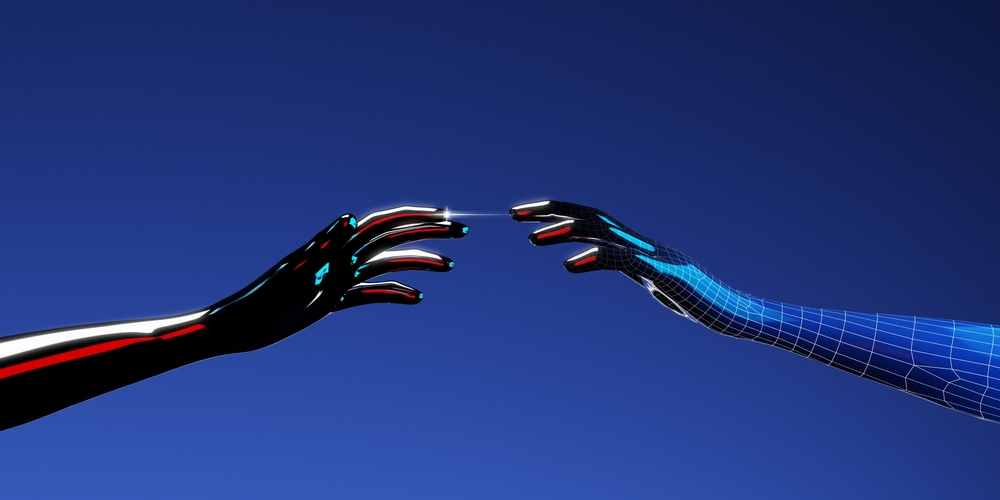In response to the recent CEO shuffle, OpenAI is undergoing substantial restructuring not only in its business management but also in elevating developer responsibility for large language models. A pivotal shift empowers the board of directors to delay model releases deemed inadequately safe.

The Role of the “Readiness Group” Led by Aleksander Madry
Bloomberg reveals a critical aspect of this oversight mechanism: a specialized “readiness group” spearheaded by Aleksander Madry, concurrently engaged in scientific roles at MIT. This expert team’s primary mandate is to scrutinize upcoming large language models for potential “catastrophic risks,” encompassing outcomes involving significant property damage or even loss of life.
Monitoring and Decision-Making Process
Regular reports on OpenAI developer activities are channeled to a security council chaired by Madry’s team, which subsequently informs both the CEO and board of directors. While CEO Sam Altman retains the ultimate decision-making power on model release, the board holds the authority to veto his affirmative choices.
Preceding Establishment and Additional Analysis Groups
The language model readiness analysis group was established prior to the management changes in October. This newly established unit complements two existing groups within OpenAI: the security group and the “superalignment” group, both focusing on futuristic threats associated with potent AI systems.
Risk Assessment Criteria and Deployment Strategy
Models undergo meticulous assessment on a risk scale—ranging from low to critical—by Madry’s team, notes NIX Solutions. Only those models rated as low or medium risk following extensive analysis and modifications are slated for release. Madry emphasizes the impact of OpenAI, stating, “It is shaped by us, not an autonomous entity.” The company aims for this approach to set a precedent for AI risk management, cementing a practice solidified by recent senior management decisions.
